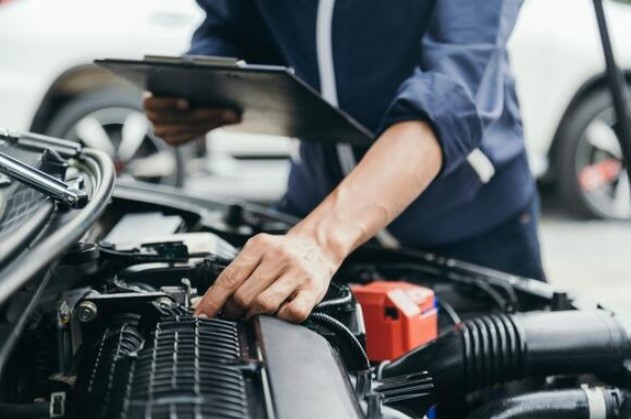The authorities has notified the output connected incentive (PLI) plan for vehicle and car factors sector in India for boosting the country’s producing capabilities of sophisticated automotive merchandise with a budgetary outlay of ₹25,938 crore.
The scheme is made up of two parts — incentivising incremental gross sales of vehicle and vehicle factors similar to highly developed automotive know-how — The Ministry of Heavy Industries (MHI) said in a notification.
“Total incentive for each total group enterprise(ies) is capped at ₹6,485crore (25 per cent of complete incentives outlay underneath this plan). The cap on incentive payable to the authorised firm or team of organization(ies) as said earlier mentioned would be integrated as part of the agreement,” the notification stated.
To keep versatility in the implementation of the scheme, the scheme proposes fungibility of funds inside of and across the elements of the plan, it mentioned.
Incentives to suppliers
Incentive payable under this scheme to electric car or truck (EV) companies will be independent of/in addition to the incentives supplied less than FAME-II scheme exactly where incentives are presented to customers who obtain the vehicles and not to the producers. Less than this PLI scheme, incentives are becoming offered to manufacturers not the shoppers, the notification even further stated.
Also see: Automobile majors should acquire benefit of sops: Arun Goel
“Incentives may perhaps also be claimed beneath this plan for motor vehicles owning highly developed chemistry mobile (ACC) batteries for which incentives have been claimed under the PLI scheme simply because battery electric powered car or truck (BEV) companies have the flexibility to supply ACC batteries from wherever, and in circumstance this incentive is not permitted, they may vacation resort to imports of ACC batteries for value chopping,” it reported.
Project management company
The scheme will be executed by a nodal company which will act as a task administration agency (PMA) and be liable for supplying secretarial, managerial and implementation guidance and carrying out other duties, as assigned by MHI from time to time.
To carry out routines similar to the implementation of the plan, PMA would inter-alia be dependable for appraisal of apps and verification of eligibility for assist less than the scheme, evaluation of promises suitable for disbursement of incentives beneath the scheme, and compilation of details about development and effectiveness of the plan together with cumulative domestic expenditure and incremental qualified sales of items for companies.
It will also be accountable for retaining a check out on diversions arising out of any adjust in accounting plan or duplication of benefits on account of same action beneath various strategies. To and to avoid duplication and formation of many committees, the administrative system created below FAME-II plan in MHI will be utilised to grant approvals below PLI scheme for auto and vehicle elements.
Cost audit
The scheme will also have a provision for value audit by external auditor (charge or chartered accountant) appointed by MHI. Charges will be met in the allocation of the plan, the notification reported.
Also see: FADA urges govt to set up endeavor drive to check compensation approach for Ford sellers
The plan commences in FY23, the incentives for which will be disbursed in the next year (FY24) and so on for a total of five consecutive economical a long time. The procedure will be information pushed to guarantee transparency, automaticity and prompt disbursement of incentives.
“For the effective procedure and clean implementation of the plan, comprehensive suggestions shall be notified individually. The tips are to be study along with the scheme. In situation of any inconsistency involving the scheme and the pointers, the provisions of the plan shall prevail,” the notification included.






More Stories
Tips for Negotiating the Best Deal When Selling Your Car
5 Women That Shaped the Automobile and the World Around It (and Us)
Automobile retail sales see double-digit growth in February on robust demand